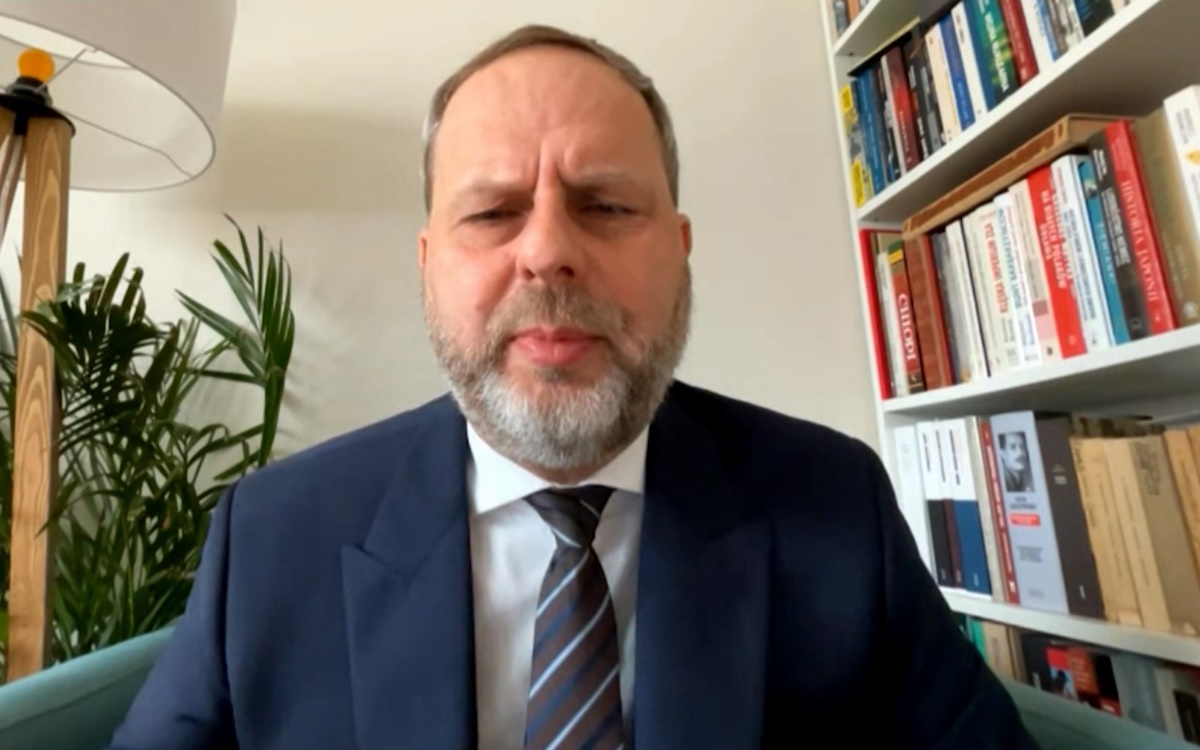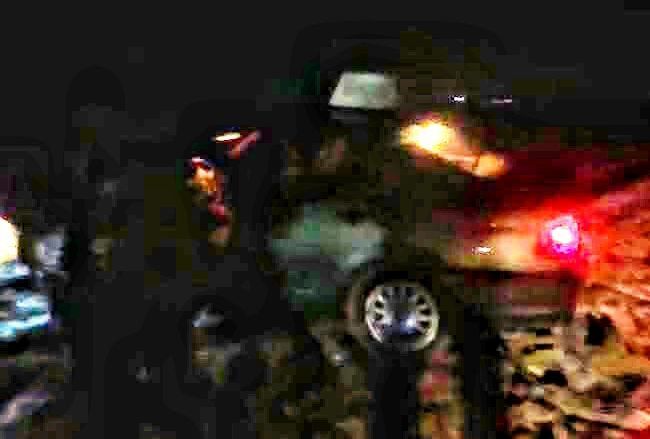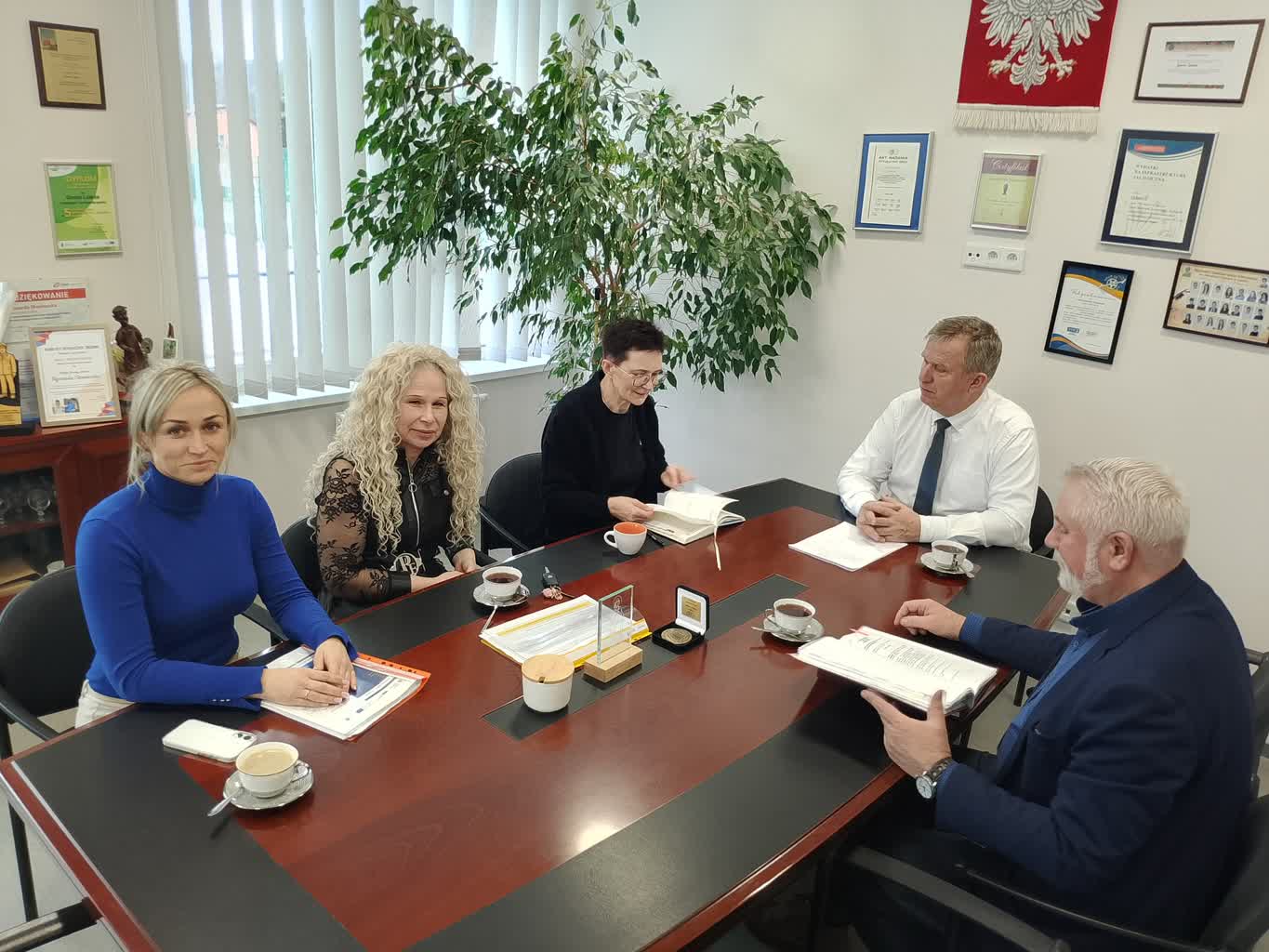"We can do this." So Germany 10 years after the exile crisis
news.5v.pl 5 months ago
- Homepage
- World politics
- "We can do this." So Germany 10 years after the exile crisis
Related
Trump declassifies secret UFO files
8 hours ago
recommended
Pościg za BMW zakończony w polu
48 minutes ago
Nowa Komendant KPP w Zawierciu
1 hour ago
Wodne bezpieczeństwo gminy Lubrza
1 hour ago
Ile punktów?! Nowy rekord sezonu w NBA
2 hours ago















